Category: Extraction
-
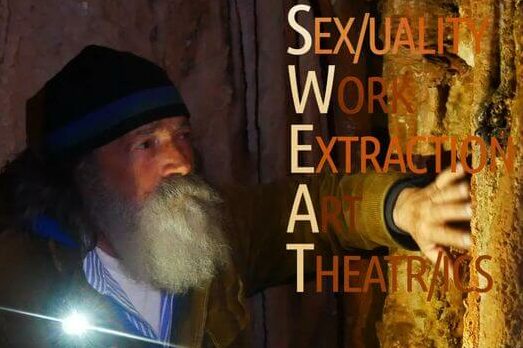
S.W.E.A.T. podcast featuring HYENAZ in conversations on Extraction
As artists and researchers, we are constantly exploring the connections between art, the environment, and labour rights. Interviews from our ongoing Extraction project were broadcast as part of Mad Kate’s S.W.E.A.T. podcast. In March 2023 we had the opportunity to interview Donato Laborante, who we met during our tour of the Murgia region of Italy…
-
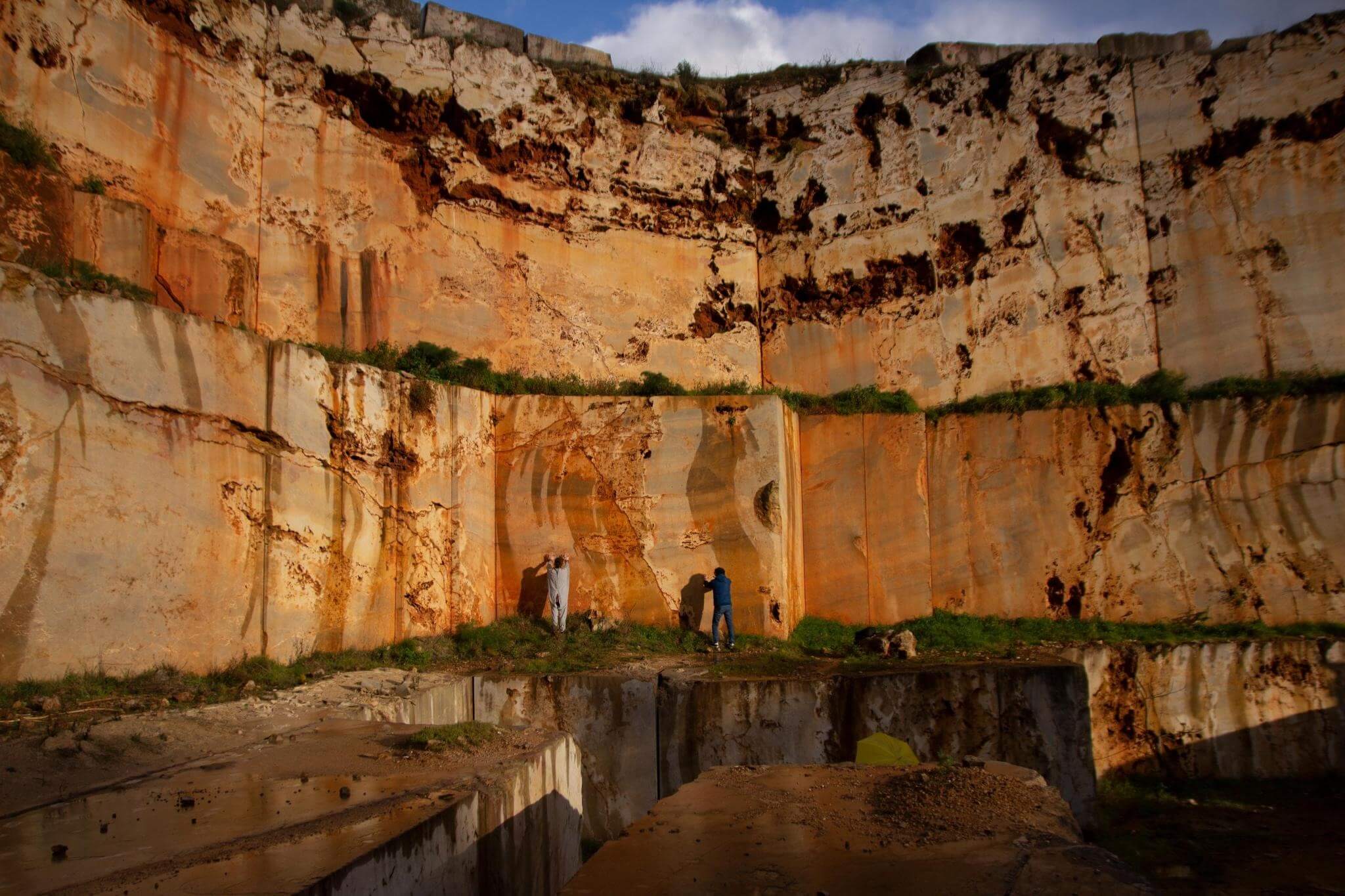
Stillicidum: die Tränen des Steines
A workshop with HYENAZ exploring animacy, consent, deep listening and authentic movement, in relationship with stone.
-
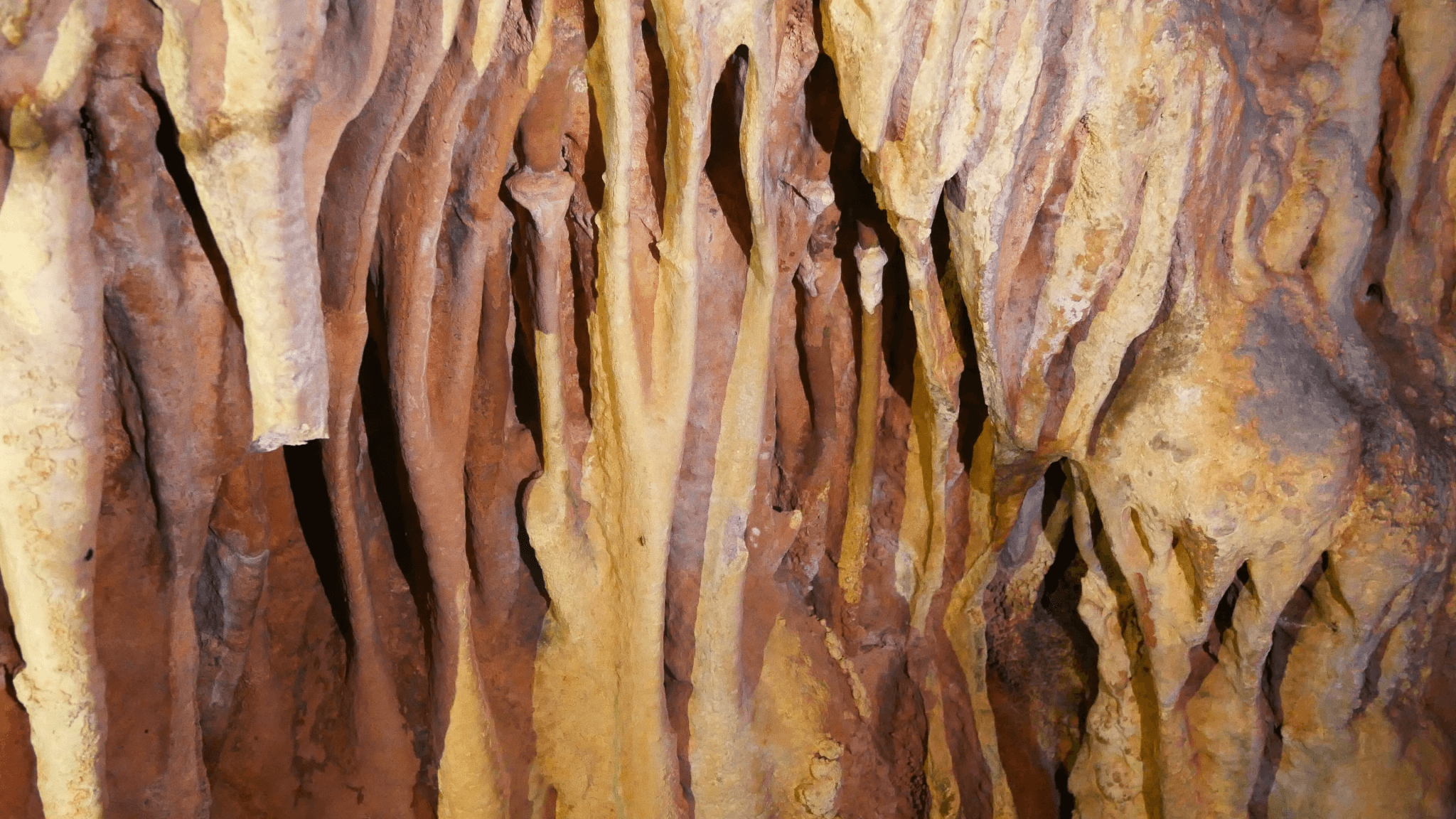
Sound in Stone: Field Research – Murgia, Italy
As winter waned in 2023 we embarked on a journey back to the Murgia region eager to deepen our exploration of stone as a conduit for sound and aliveness. This place is special to us, not only because of its arid hills and valleys, lined with tall and rattly Ferula Ferita shrubs, but also for…
-
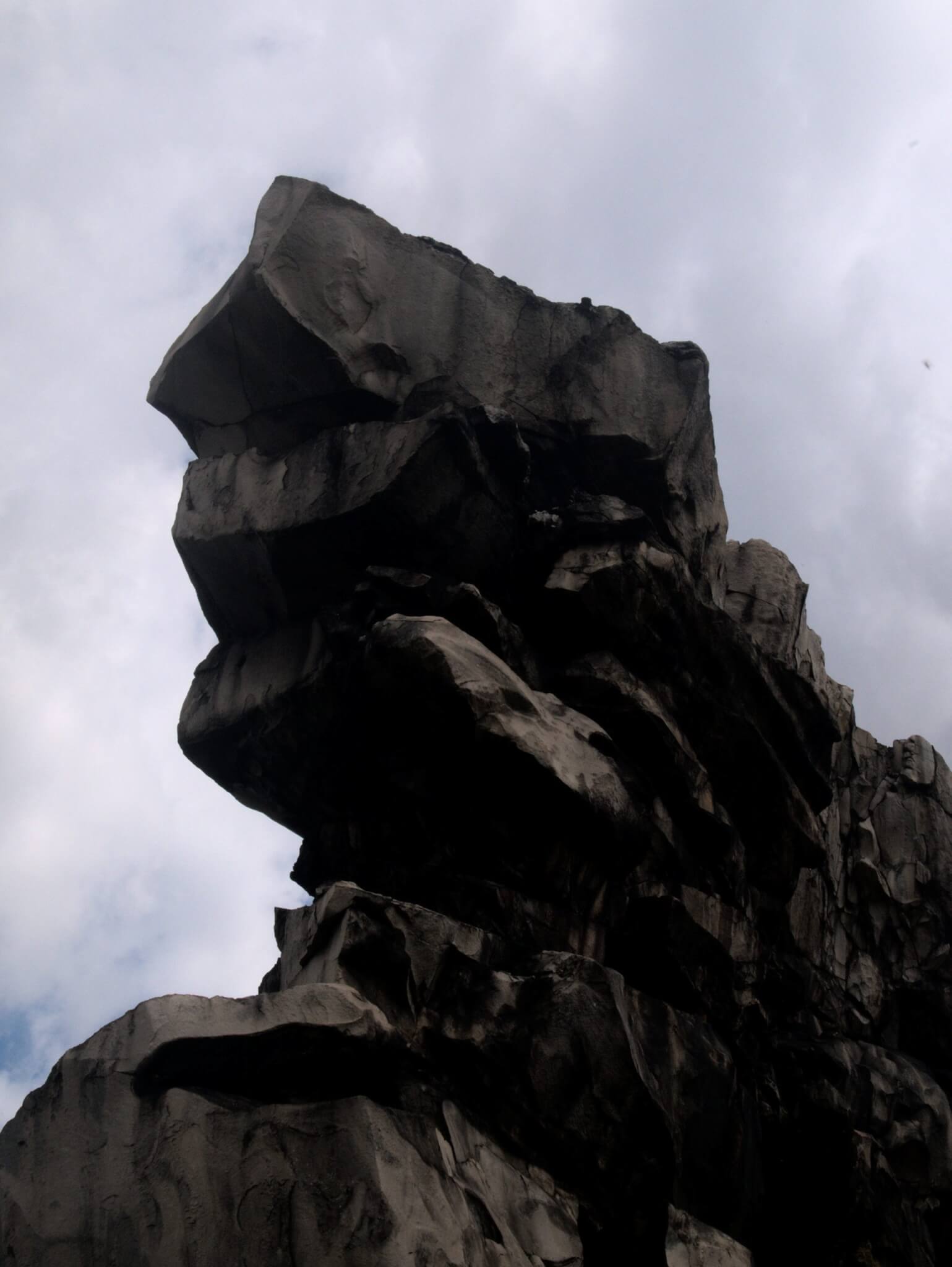
Art and Extractivism Reading Group
READING AND DISCUSSING TOGETHER. This reading group is especially oriented towards reading together rather than reading outside the group. We hope that this close reading strategy can be a small act of resistance against the cultural colonization of Western academia, the hegemony of English, and the codified distinctions between the academic and the “non-academic” or…
-
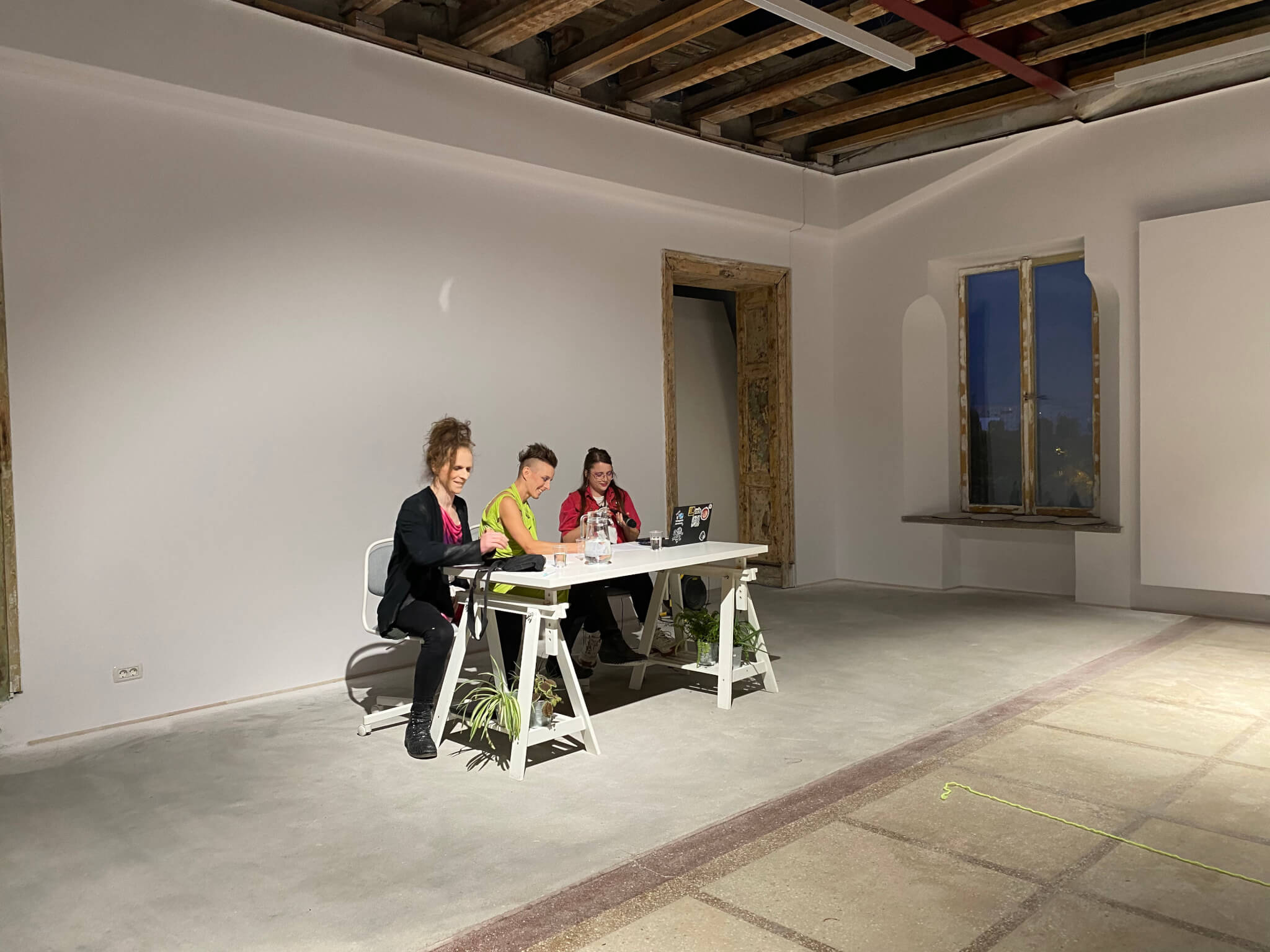
Queer Talks w. Nóra Ugron
Queer Talks: HYENAZ and Nóra Ugron on art, extractivism and continuity from a queer, decolonial and posthuman perspective. The talks were part of the complementary programme of the exhibition “Feel ~ Drift ~ Sing” in Triumf Amiria.
-
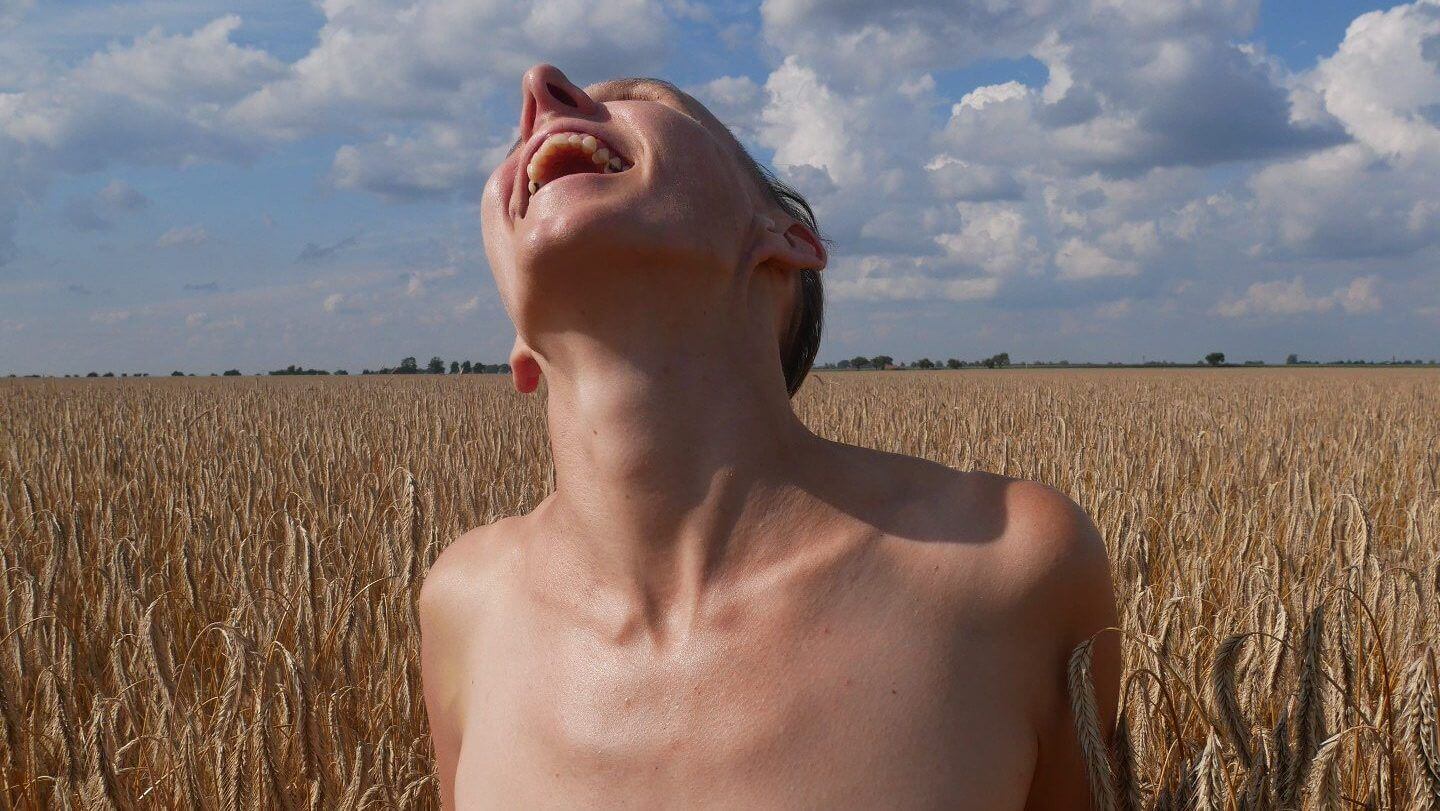
The non-consensual field of consent within which the consent is extracted
to a data set. That set was created from analysis about me. But “I” am not a data set and “I” as I arrived into the world did not consent to being a data set, in fact one could say my infancy qualified me as “not able to give consent.” My a/liveness was debatable, so…
-
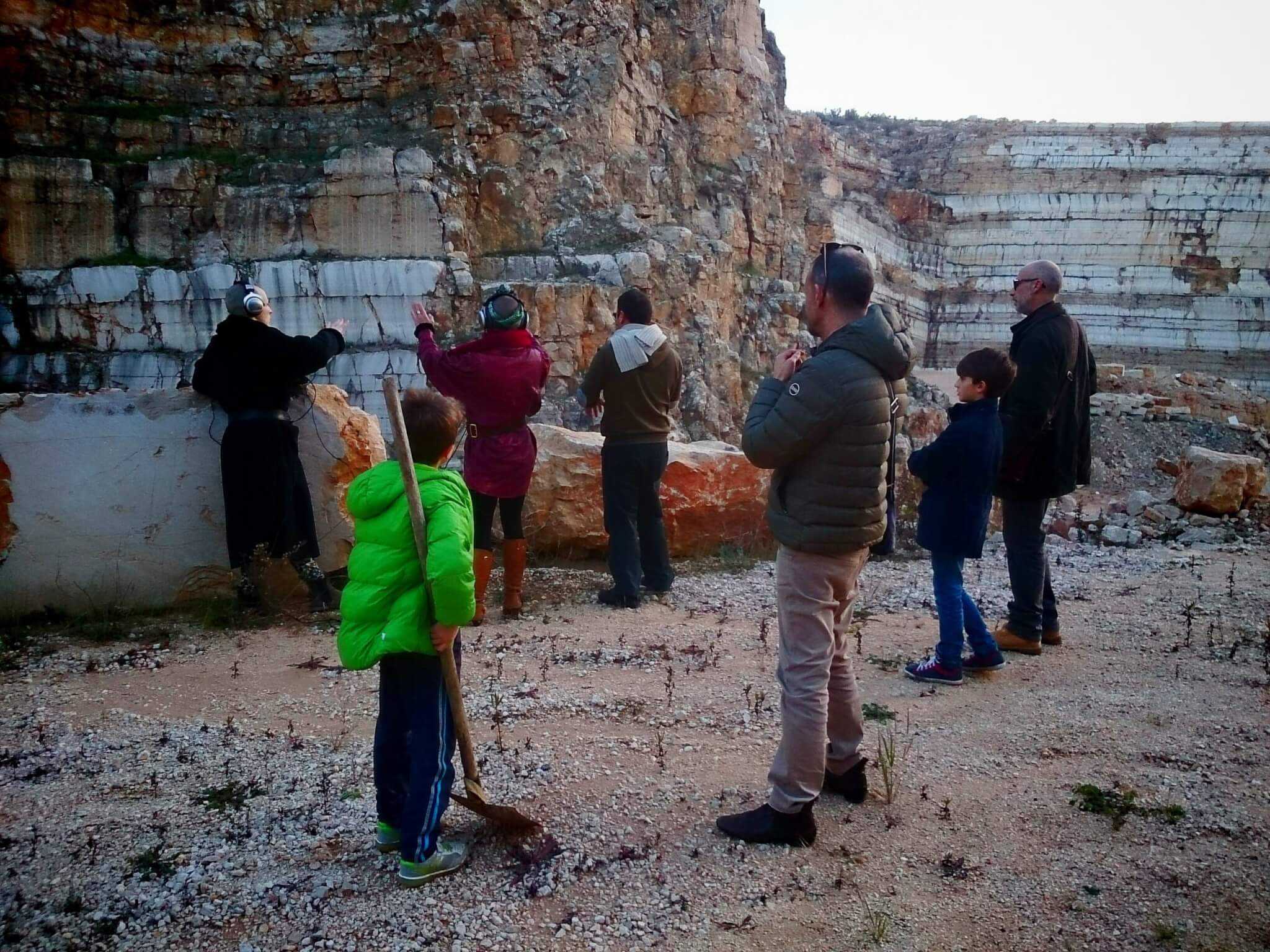
Overview
Extraction is the forthcoming audio visual and performative work in HYENAZ Foreign Bodies series and explores how extractive processes are replicated within the arts, and how we can find ways to resist and mediate those processes. The initial research phase of this project began in June 2021 through Fonds Darstellende Künste #TakeCare program. The residency…
-
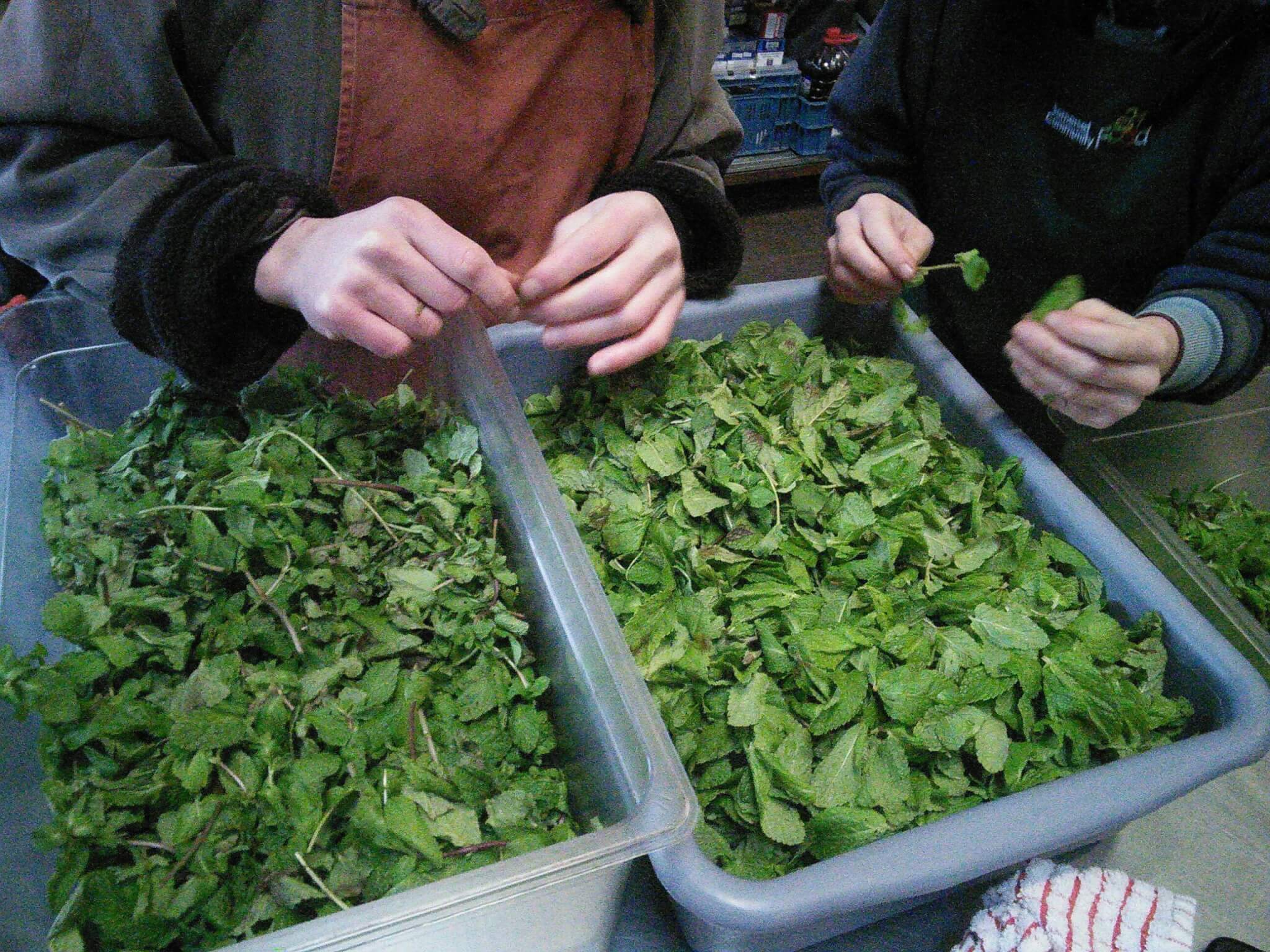
Compendium of Tactics*
The following compendium is a by-no-means-exhaustive list of accountability practices during the field recording, filming and collaborative phase of a project. These practices are designed to upset, disrupt, and subvert extractivist or exploitative relationships which may otherwise occur during an artistic “exchange”. They have been compiled as result of research, conversations and experience gathered in…
-
Why Speak about Extraction and Extractivism
Why am I thinking about extractivism and what am I hoping to understand through this process? Part of what I would like to do is begin from a space of acknowledging that extractivist practices are inherent to most labour and creative processes, including my own, and to look that in its face. As a sound…
-
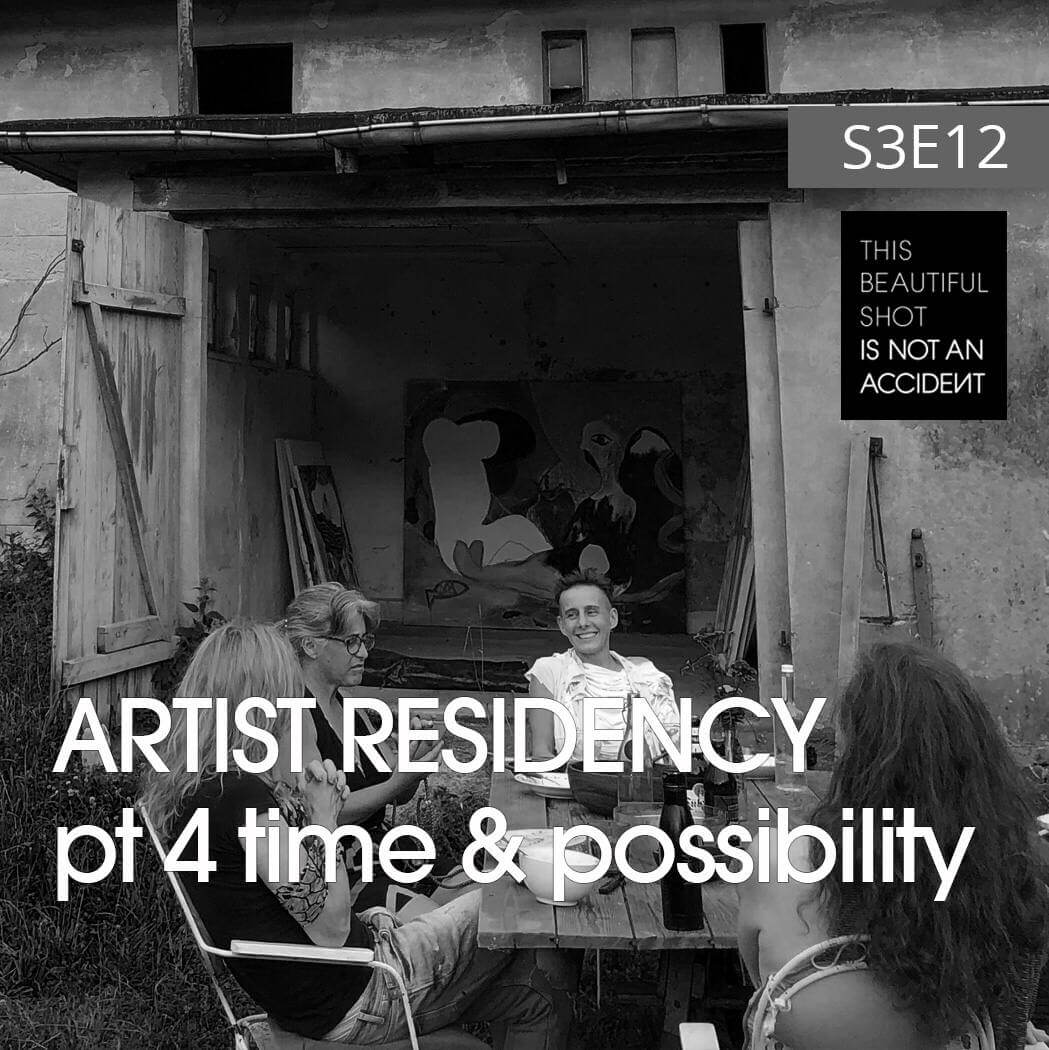
This Beautiful Shot Is Not An Accident Podcast
HYENAZ recently discussed the current state of their research into extraction and extractivism on the “This Beautiful Shot is not an Accident” podcast….